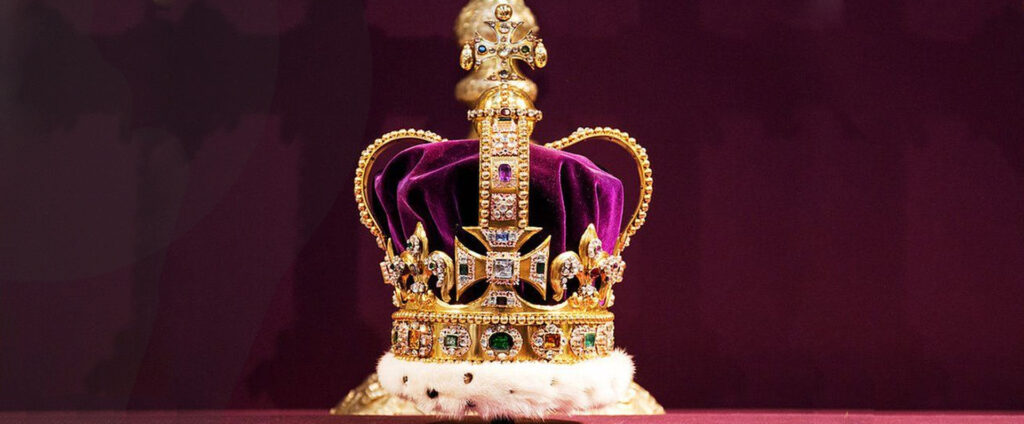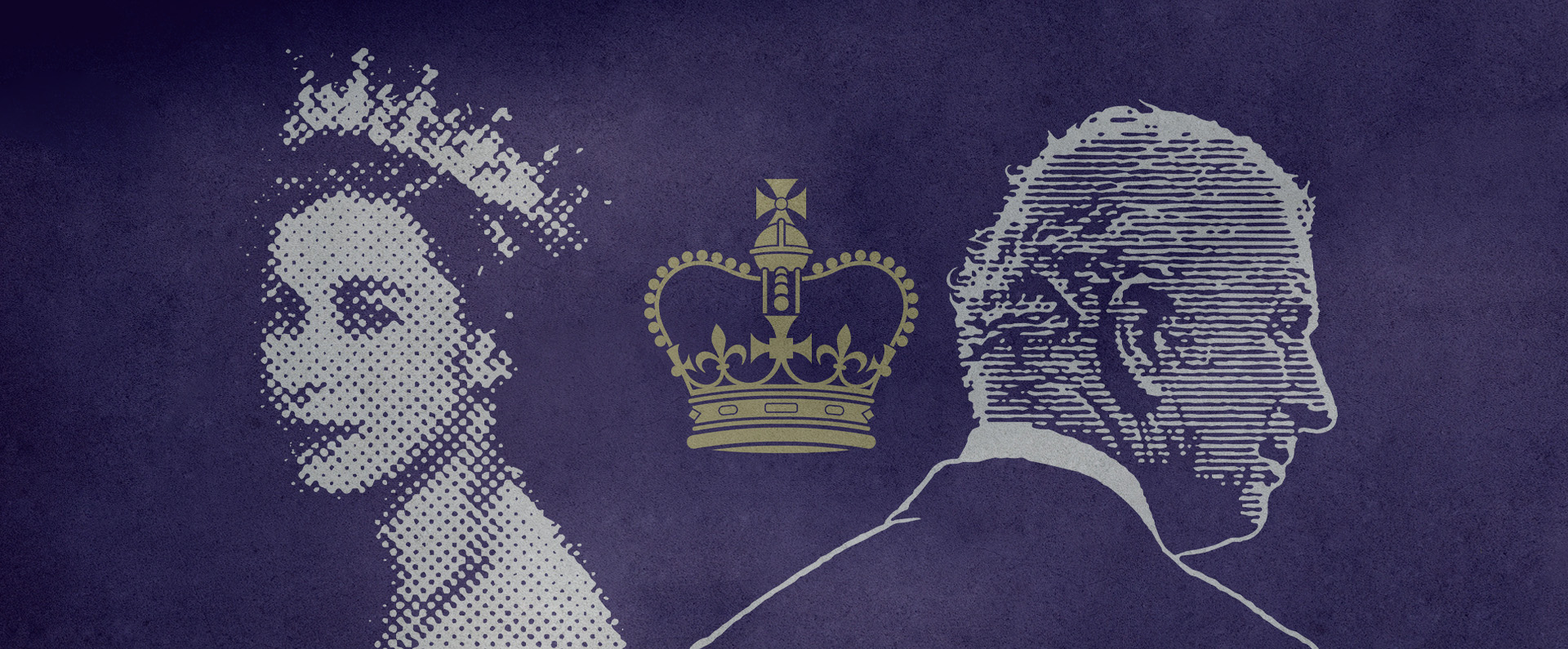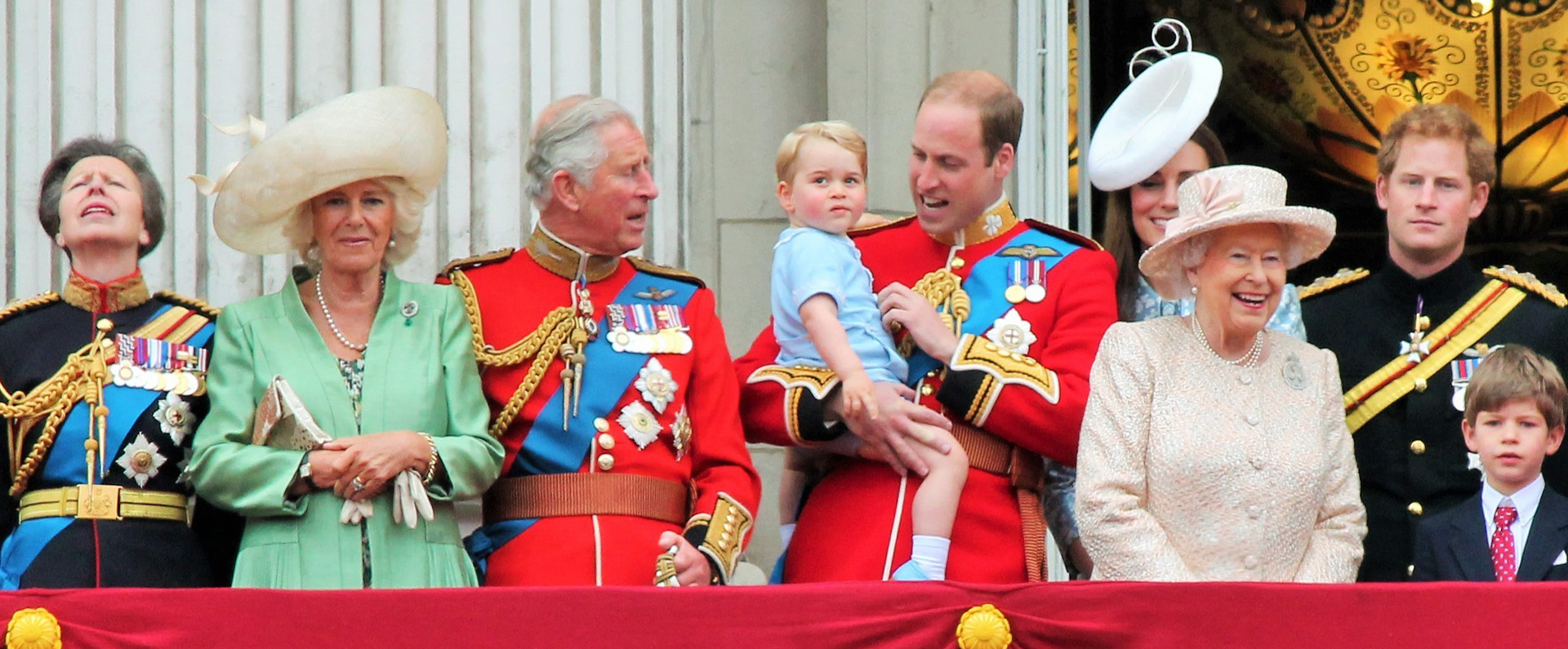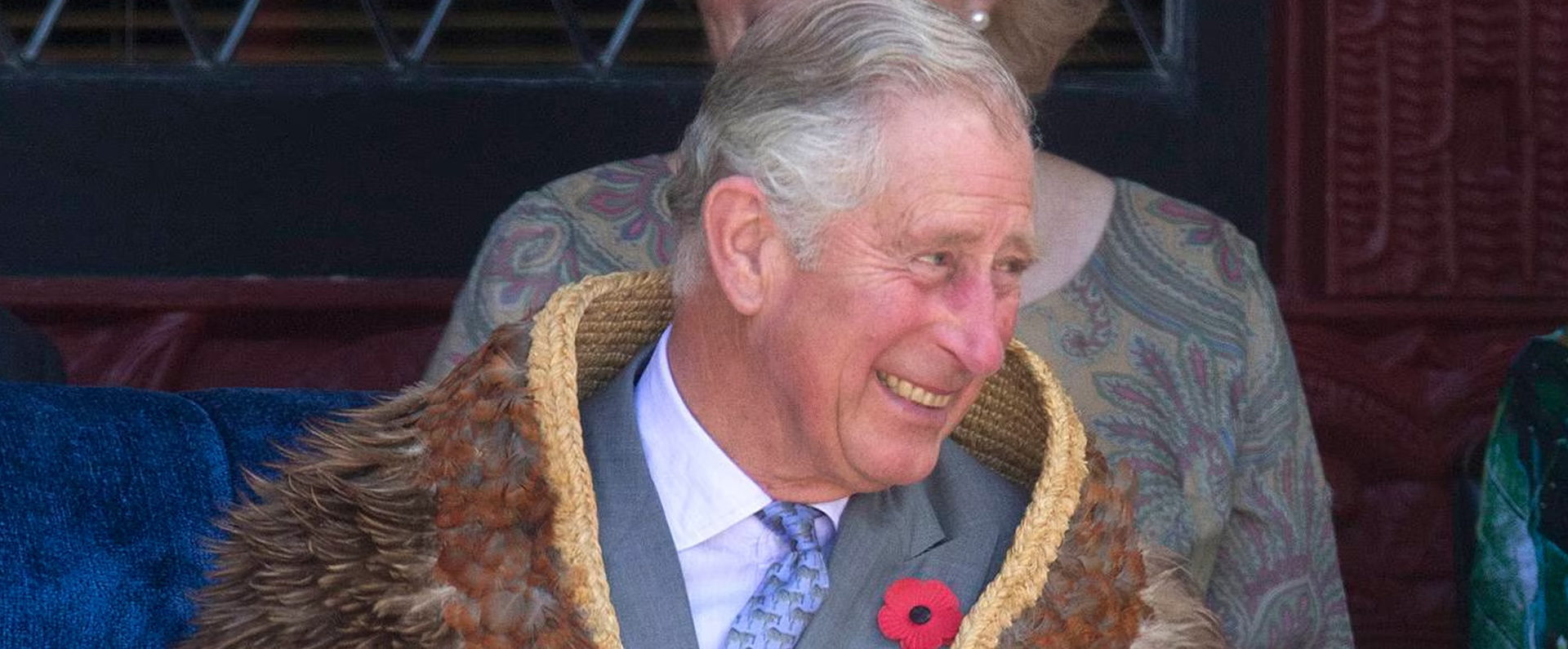
On 6 May 2023, Westminster Abbey witnesses the Coronation of a head of state not just for the UK, but for 14 other countries around the world from the Caribbean to the Pacific. Yet aside from anecdotal evidence and occasional small-scale surveys, there is little reliable data as to how people in these countries – including the UK itself – see their relationship with the Crown, or what think about the idea of a monarch at the apex of their political system. In that sense, they are the “uncharted realms”.
As we begin a new chapter in the history of the monarchy, I wanted to look in detail at how people around the world see its place in their country, and what role, if any, they think it has in their national life. To that end, in the months leading up to the Coronation we have surveyed 22,701 people throughout all 15 countries in which King Charles III is head of state. We have also conducted 44 focus groups with people of different backgrounds in the UK and in eight of the so-called“Commonwealth realms”: Australia, The Bahamas, Belize, Canada, Jamaica, New Zealand, Papua New Guinea and the Solomon Islands.
This is the kind of exercise Lord Ashcroft Polls usually deploys to scrutinise views of political leaders, parties, issues and campaigns. But while the King doesn’t need to be elected, the institution of the monarchy does need the public’s consent. A monarchy that lost the support of the people would quickly find itself on borrowed time.
Among many other things, we asked people about the role and relevance of the monarchy in their country, if they think it is unifying or divisive, how it should modernise, what if anything they would rather see in its place, whether they benefit from their ties with the UK, the significance in the debate of Britain’s colonial history, what they think of individual royals and the various controversies that surround them, how they would vote in a referendum on keeping the monarchy or becoming a republic, and what they think their country would choose in such a referendum tomorrow or in the future. The results, I think, paint a fascinating picture not just of how the people in each of these countries see their relationship with the Crown, but how they see Britain and indeed how they see themselves
Within the UK, the position looks secure. The country would vote to keep the monarchy by a comfortable margin. After years of turmoil people especially value a constant presence above the grim spectacle of day-to-day politics, value the work of individual royals and believe the monarchy brings huge economic benefits to the nation. At the same time, there is wide recognition of a need to move with the times and many – especially in Scotland, Wales and Northern Ireland, and in minority communities – feel the institution is only for some types of people, not including themselves.
The personal conflicts and dramas that have beset the royals in recent years reinforce some people’s already negative views. But the same stories undoubtedly engage the public and highlight one of the monarchy’s greatest strengths – that it is both a public institution and a human family, inspiring interest and occasional sympathy. At home, for now at least, the King has time and goodwill on his side.
Around the world, the picture is more mixed. In six of the 14 Commonwealth realms, more voters said they would choose to become a republic in a referendum tomorrow than would stay as a constitutional monarchy, and those in some other countries favoured the status quo only by small margins.
As readers will see from what follows, these choices have more to do with how people see their own country and its relationship with Britain and the Crown than with what they think of the new King or his family.
We often find a tension between, on the one hand, people’s view of their national character, their wish to assert independence and a desire to break away from historical wrongs and, on the other hand, the stability and reassurance that many believe the monarchy still offers. Those who believe the arrangement cannot be justified then ask themselves whether the likely alternative would be an improvement – or enough of one to justify the time and political energy that would have to be diverted from other priorities to make it happen.
Rightly, the line from the Palace is that the monarchy’s place in each country is a matter for that country’s people. Clearly, the royals cannot campaign, but Britain can consider how much these relationships matter and how far we are willing to invest in them.


